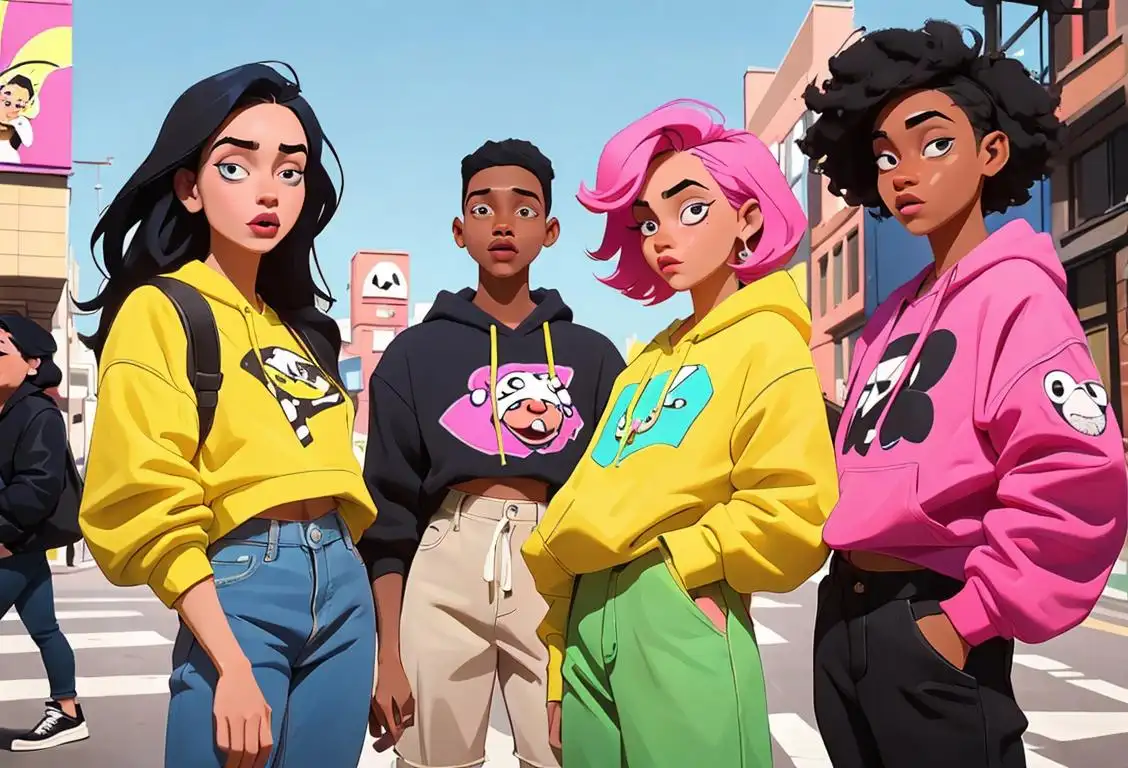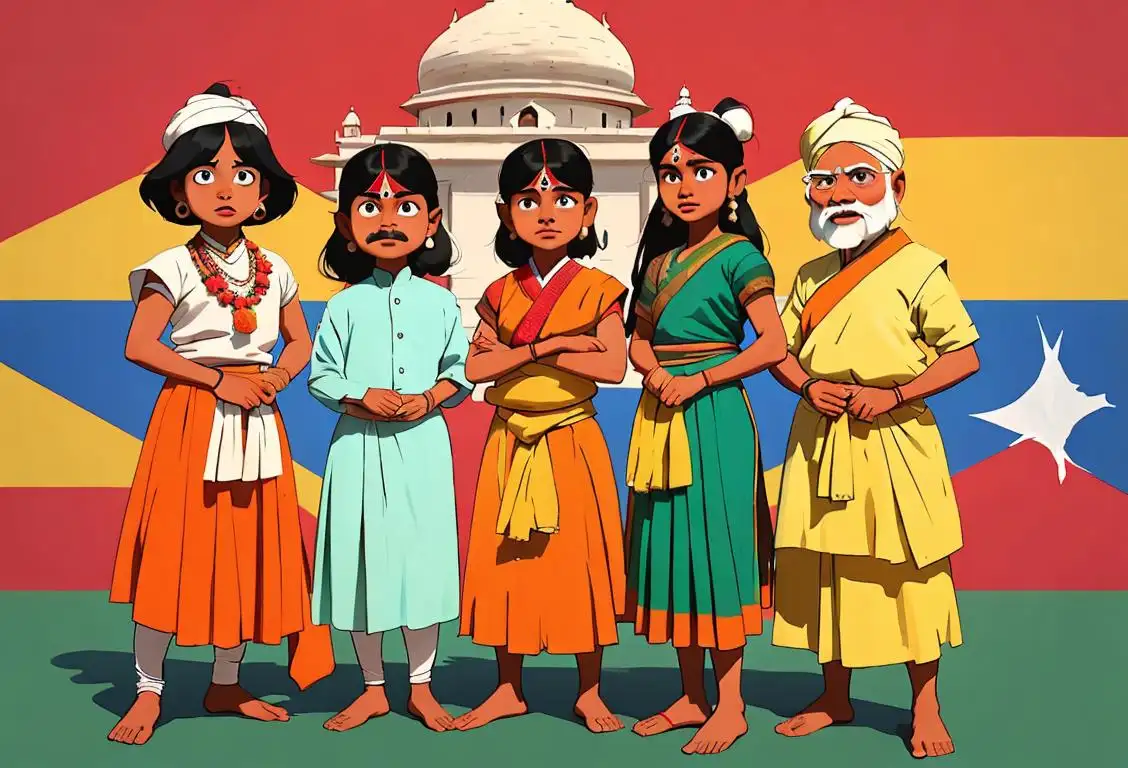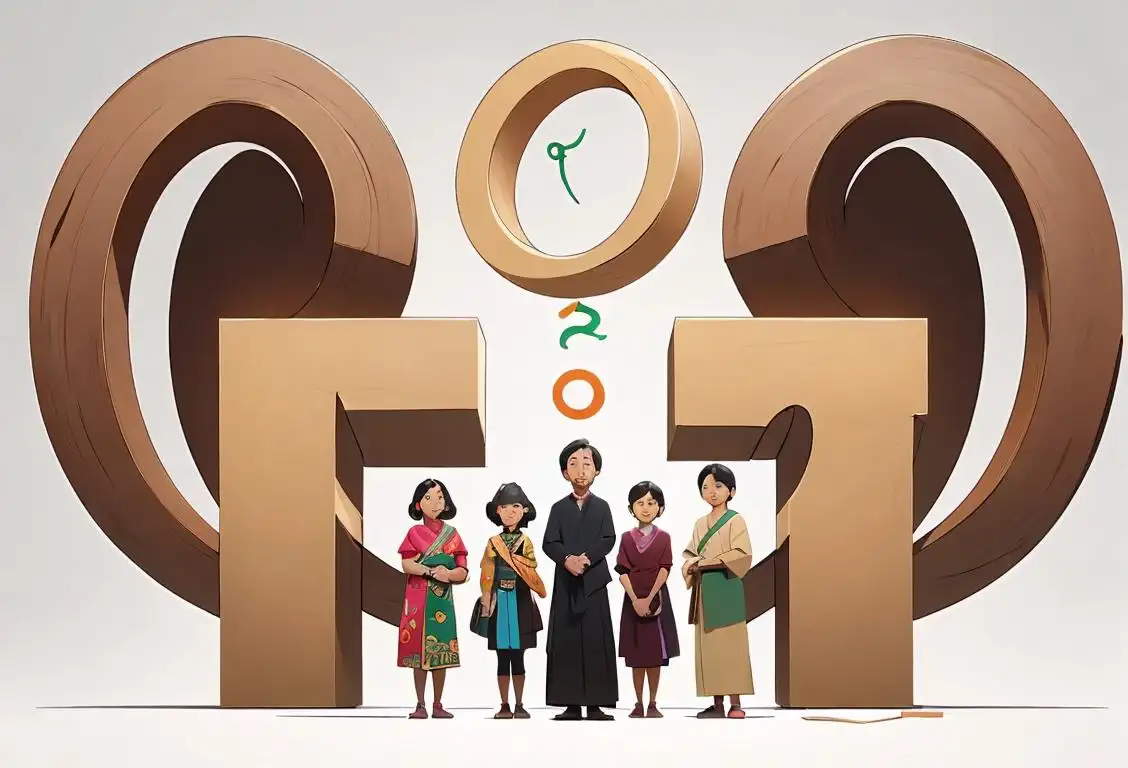National Slang Day

Welcome to National Slang Day! Get ready to have a jolly good time as we dive into the fascinating world of slang. From groovy words of the past to contemporary lingo, this day is all about celebrating the colorful expressions that make our language so unique and dynamic.
When is Slang Day?
It's national slang day on the 4th May.
The Origin of National Slang Day
National Slang Day burst onto the scene on May 4th, 2015, when the internet collectively realized the sheer awesomeness of slang. Suddenly, the digital world was abuzz with discussions about popular slang terms, regional dialects, and the evolution of language.
Throughout history, slang has played a significant role in communication. It allows us to express ourselves with flair, injecting personality and creativity into our conversations. It reflects the ever-changing nature of society, embracing new words and phrases as they emerge.
Whether you're a hip youngster or a seasoned wordsmith, National Slang Day is the perfect opportunity to explore the linguistic treasure trove that is slang.
Slang: The Language of Love, Food, and Sports!
Slang knows no bounds. It infiltrates every aspect of our lives, from our relationships to our taste buds and even our favorite sports.
When it comes to love, there's no shortage of sweet nothings whispered in slang. From calling your loved one your 'bae' to flirting with phrases like 'Netflix and chill,' slang keeps romance fun and exciting.
Foodies among us understand the power of slang when it comes to describing our favorite dishes. Whether it's calling a delicious meal 'savage' or declaring something 'on fleek,' food slang adds a dash of flavor to our culinary conversations.
But let's not forget about sports! Those who follow their favorite teams know that slang plays a crucial role in sports commentary. It adds an extra layer of excitement to the game, from shouting 'slam dunk' to cheering on players with a 'top-notch performance.'
The Slang Fun Fact of the Day
Did you know that slang has existed for centuries? Back in the 1800s, people used to refer to a stylish gentleman as a 'beau dude' and a fashionable woman as a 'butterfly.'
History behind the term 'Slang'
1756
Origins in Thieves' Cant
The term 'slang' has its origins in the secret language used by thieves and criminals in 18th-century England. This language, known as Thieves' Cant, was a way for criminals to communicate without being understood by law enforcement or the general public. It consisted of a variety of coded words and phrases, many of which were slang terms that had a hidden meaning.
1823
Slang as a Language of the Streets
In 1823, the term 'slang' began to be used to describe the language and vocabulary used by the lower classes and those living on the streets. During this time, slang was seen as a mark of low education and was often looked down upon by the upper classes. It was considered to be a language of the underprivileged, full of colorful and informal expressions that were not considered proper in polite society.
1884
Slang Enters the Literary World
By the late 19th century, slang had started to make its way into literature. In 1884, the term 'slang' appeared in the title of a book called 'Slang and Its Analogues Past and Present' by John S. Farmer and W.E. Henley. This book, one of the first comprehensive studies of slang, aimed to document and analyze the slang of different social groups and time periods. It helped to legitimize slang as a subject of scholarly inquiry and recognized its cultural significance.
1909
Slang in the Modern Age
In the early 20th century, slang became increasingly popular and mainstream. The rise of mass media, including newspapers and magazines, helped to spread slang words and phrases to a wider audience. Slang became a way for people to express themselves and differentiate their speech from the norm. It was often used to describe new trends, technologies, and cultural phenomena, reflecting the ever-changing nature of language and society. Today, slang continues to evolve and be a vibrant part of modern language.
Did you know?
Did you know that slang has existed for centuries? Back in the 1800s, people used to refer to a stylish gentleman as a 'beau dude' and a fashionable woman as a 'butterfly.'Tagged
fun culture language communicationFirst identified
4th May 2015Most mentioned on
4th May 2015Total mentions
15Other days
Cursing Day
Slang Day
English Day
Teach German Day
Language In India One Day
Asl Day
Geordie Geordie Day
O Day
Comic Book Day
Handloom Day








